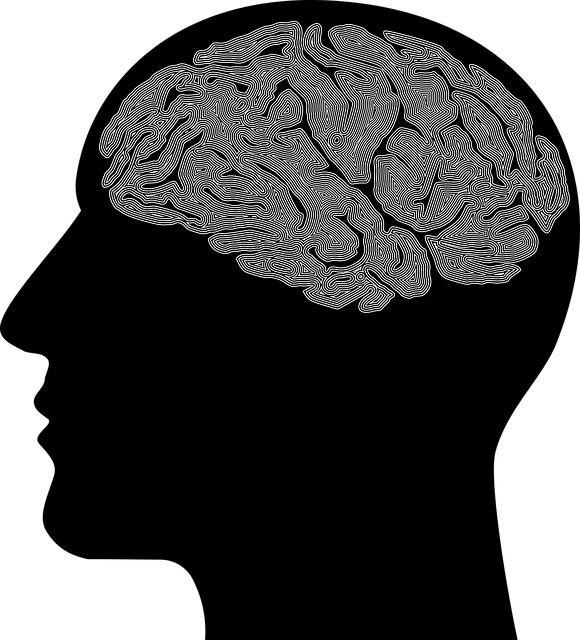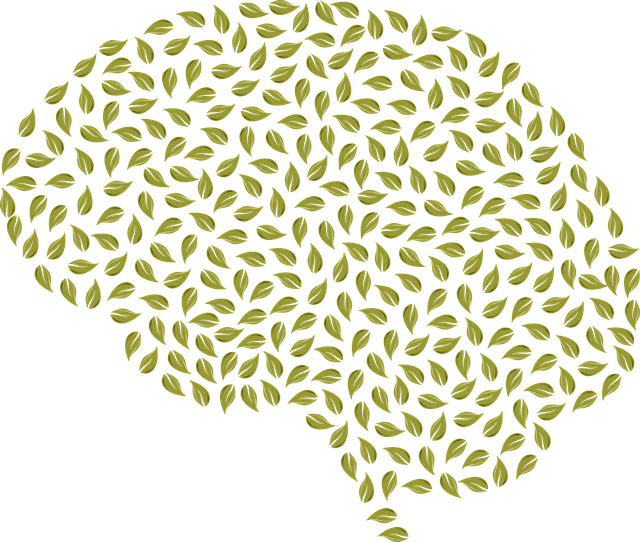Northglenn Kaiser Permanente Mental Health offers a comprehensive, holistic approach to mood regulation, combining psychotherapy, CBT, mindfulness, and lifestyle adjustments. Their evidence-based strategies, like CBT, target negative thought patterns for improved emotional control. Mindfulness practices, integrated into daily routines, promote present-moment awareness and reduce stress. Nurturing mind-body connections through diet, exercise, and sleep enhances overall well-being. Northglenn Kaiser Permanente prioritizes mental health with community-focused resources, educational workshops, and support networks.
Navigating mood regulation strategies is essential for maintaining emotional well-being. At Northglenn Kaiser Permanente Mental Health, we offer comprehensive resources designed to help you understand and manage your moods effectively. From cognitive behavioral therapy (CBT) as a powerful tool for managing moods, to mindfulness and meditation practices for emotional stability, our guide covers it all. Additionally, learn about lifestyle changes in nutrition, exercise, and sleep that can significantly improve mood regulation. Discover supportive resources and community engagement opportunities available at Northglenn Kaiser Permanente Mental Health to foster your journey towards emotional balance.
- Understanding Mood Regulation: The Basics at Northglenn Kaiser Permanente Mental Health
- Cognitive Behavioral Therapy (CBT): A Powerful Tool for Managing Moods
- Mindfulness and Meditation Practices to Stabilize Your Emotional State
- Lifestyle Changes for Improved Mood Regulation: Nutrition, Exercise, and Sleep
- Supportive Resources and Community Engagement at Northglenn Kaiser Permanente
Understanding Mood Regulation: The Basics at Northglenn Kaiser Permanente Mental Health

At Northglenn Kaiser Permanente Mental Health, understanding mood regulation involves recognizing that it’s a multifaceted process aimed at stabilizing emotions and enhancing overall well-being. This approach goes beyond mere management; it’s about empowering individuals to navigate life’s challenges with resilience. Through tailored interventions, mental health professionals guide clients in identifying triggers, developing coping skills, and cultivating healthy habits that promote self-esteem improvement.
The basics of mood regulation include learning to recognize and accept one’s emotions, understanding their interconnectedness, and implementing strategies to mitigate intense feelings. This involves a combination of psychotherapy, mindfulness techniques, risk management planning for mental health professionals, and lifestyle adjustments. By fostering these skills, Northglenn Kaiser Permanente Mental Health aims to not only help individuals cope with current struggles but also equip them with lifelong tools to maintain emotional balance in the face of future challenges.
Cognitive Behavioral Therapy (CBT): A Powerful Tool for Managing Moods

Cognitive Behavioral Therapy (CBT) is a highly effective strategy for managing moods, offered by Northglenn Kaiser Permanente mental health professionals. This evidence-based approach focuses on identifying and changing negative thought patterns and behaviors that contribute to emotional distress. By challenging unhelpful thoughts and replacing them with more realistic and positive ones, CBT empowers individuals to gain control over their emotions and improve overall well-being.
Through CBT, patients learn valuable stress management and anxiety relief techniques tailored to their unique needs. By understanding the connection between thoughts, feelings, and behaviors, individuals can develop coping mechanisms that promote emotional well-being promotion techniques. This powerful tool equips people with the skills to navigate life’s challenges more effectively, fostering resilience and enhancing overall mental health.
Mindfulness and Meditation Practices to Stabilize Your Emotional State

In today’s fast-paced world, maintaining emotional stability can be a challenge. Northglenn Kaiser Permanente mental health experts recommend integrating mindfulness and meditation practices into your routine as powerful mood regulation strategies. These techniques allow individuals to cultivate present-moment awareness, enabling them to observe their thoughts and emotions without judgment. By focusing on the breath or guiding meditations, one can learn to disengage from reactive thinking patterns and create a sense of calm.
Mindfulness and meditation have been shown to reduce stress and anxiety, two significant contributors to emotional instability. Incorporating these practices into daily life can enhance overall well-being and foster resilience. Moreover, these techniques often complement Healthcare Provider Cultural Competency Training, providing individuals with the tools to navigate their emotions in a culturally sensitive manner. With regular practice, one can boost their confidence in managing stress reduction methods effectively, leading to improved emotional regulation and a more balanced state of mind.
Lifestyle Changes for Improved Mood Regulation: Nutrition, Exercise, and Sleep

At Northglenn Kaiser Permanente mental health, we emphasize the profound impact lifestyle changes can have on emotional regulation. A well-rounded approach to wellness involves nurturing both mind and body. Nutrition plays a key role; incorporating nutrient-rich foods into your diet boosts mood and energy levels by supporting brain function. For instance, omega-3 fatty acids found in fish like salmon are renowned for their anti-inflammatory properties, contributing to improved mental health and emotional resilience.
Regular physical activity is another powerful tool for mood regulation. Exercise releases endorphins, often referred to as ‘feel-good’ hormones, which alleviate stress, anxiety, and depression. Whether it’s a brisk walk, yoga session, or high-intensity workout, consistent exercise can significantly enhance mental wellness. Additionally, prioritizing quality sleep is essential for emotional balance. Adequate rest allows the body to recover and rejuvenate, enabling better stress management and improved emotional regulation throughout the day. Incorporating these lifestyle changes into your routine can be a game-changer in your journey towards confidence boosting mental wellness coaching programs development.
Supportive Resources and Community Engagement at Northglenn Kaiser Permanente

At Northglenn Kaiser Permanente, dedicated resources and a strong sense of community play a pivotal role in supporting mental health initiatives. The healthcare provider has implemented various programs to foster an environment that promotes emotional well-being. One notable aspect is their emphasis on educating both staff and patients through workshops and training sessions focused on enhancing coping mechanisms and conflict resolution techniques. These sessions not only empower individuals with practical tools but also contribute to a more supportive atmosphere.
Community engagement is another cornerstone of Northglenn Kaiser Permanente’s mental health strategy. They actively encourage open dialogue and provide safe spaces for individuals to share their experiences, fostering connections and boosting confidence. This holistic approach ensures that patients feel heard, understood, and supported in their journey towards improved mental health.
In conclusion, Northglenn Kaiser Permanente Mental Health offers a comprehensive guide to mood regulation strategies. From understanding the basics to powerful tools like CBT and mindfulness practices, lifestyle changes, and supportive resources, these methods empower individuals to manage their moods effectively. By integrating these strategies into daily life, folks can foster emotional stability and enhance overall well-being, all accessible through the holistic support of Northglenn Kaiser Permanente.






